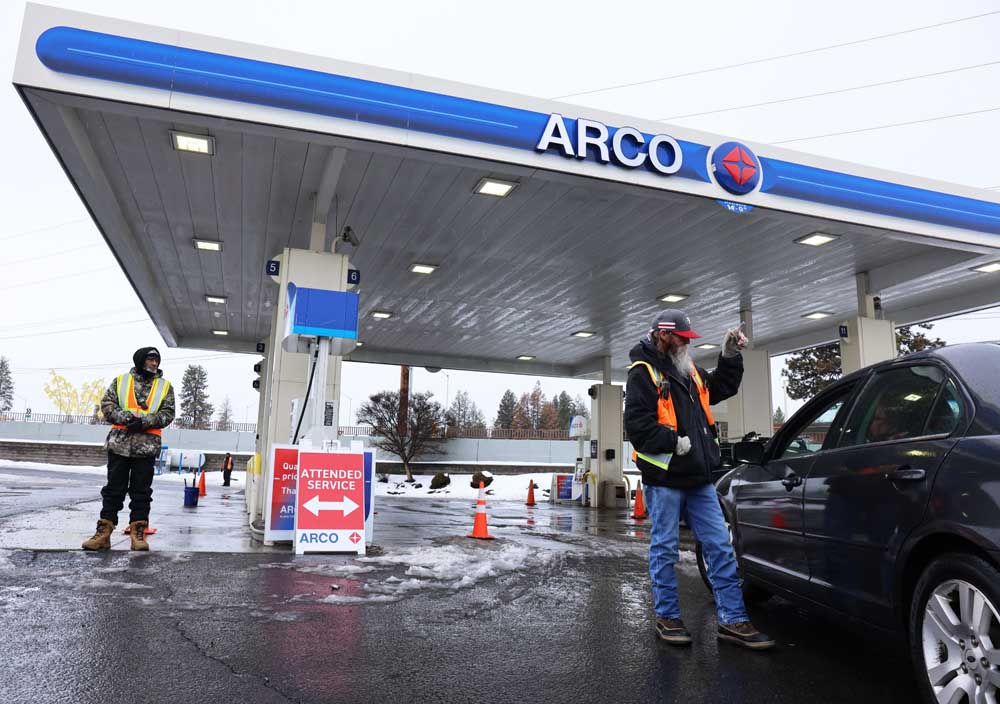Editorial: Can Bend ban its way to walkability?
Published 5:00 am Thursday, October 17, 2024

- The city of Bend may ban some new auto-related businesses, including gas stations, in parts of Bend.
The city of Bend doesn’t have a metric it uses in planning called “distance to a coffee shop.” But the distance to a neighborhood coffee shop comes up again and again in Bend City Council discussions about the city’s walkability and sustainability.
A coffee shop is not the must-have focal point for a neighborhood. It’s more a symbol of a neighborhood with enough amenities that people don’t feel like they must drive everywhere.
Trending
How does the city ensure Bend will be such a place?
The city has options. It could go the wait and hope route. It could go the banning route, banning some kinds of businesses with zoning changes. It could go the incentive route, looking to help the “right” businesses along.
Councilors took a step in September toward a ban. The Bend Planning Commission followed up with a discussion about it on Monday.
Under the proposed change, some new car-related businesses would find it harder to find a place to locate in Bend. New uses of land for vehicle repair, gas stations, car washes or car and truck sales would not be allowed on about 87 acres in various spots in Bend.
The Bend Planning Commission discussed a change that would prohibit new permits for such “automobile-dependent uses” in what is called the convenience commercial zone. The businesses are currently allowed with conditions. Existing businesses would be able to continue. It wouldn’t apply to drive-ins and drive-throughs. Those are considered “automobile-oriented uses” in planning lingo and would still be allowed.
The 87 acres zoned for convenience commercial are spread across the city in 28 locations. About 37 of those acres are not developed or underdeveloped, the city says.
Trending
Bend Mayor Melanie Kebler said in a discussion about a ban that the city needs a broad approach to the question of sustainability and livability.
“I think the solution here needs to be more comprehensive,” she said. “This is sort of just a short-term thing we can do.”
Councilor Mike Riley said he would rather not see more auto-dependent uses in these areas. But it doesn’t come up as an issue that often. He said he believes the goal of the Council is safety and getting more neighborhood gathering and meeting places.
“What’s given me pause is that I don’t know if we are really solving much of a problem here,” he said. “What I am concerned about is how do we get more neighborhood commercial development happening in the community. That’s actually more of a problem. Why do I have to walk two miles to have a coffee?”
Councilors then did direct city staff to move forward on a ban.
The proposed ban may shift the city in a way that some people would prefer — away from cars. It may also make it more difficult for people who need a vehicle to get around. It doesn’t create a city that is more walkable.








